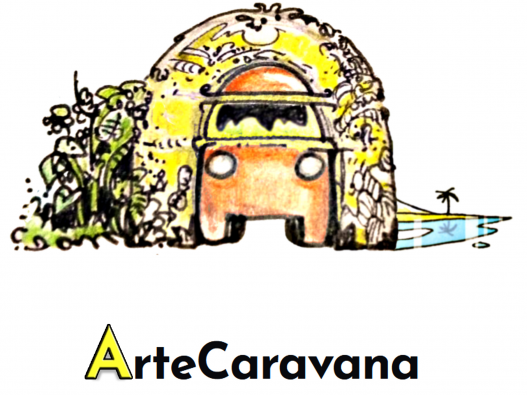
Leather handicraft straight from the workshop on four wheels
Wandering through Iberian lands
The most important elementary things about Portugal that you need to know to avoid being treated as a complete gringo from the very beginning. And a word about the complexity of languages.
05/02/2020 1:50 PM
advice, Coffee, Cursing, customs, gringo, how not to, how to, iberian peninsula, languages, portugal, Portuguese, spain, Spanish .
Do you know why Mitsubishi Pajero has a different name in Spain and you won't see Hyundai Kona in Portugal on the streets? Can you order a coffee in Portugal as if you were born in Porto yourself? Why does each guy called Rui blushes when introducing himself to a Pole? Are you facing any danger on the curves on the Iberian Peninsula?
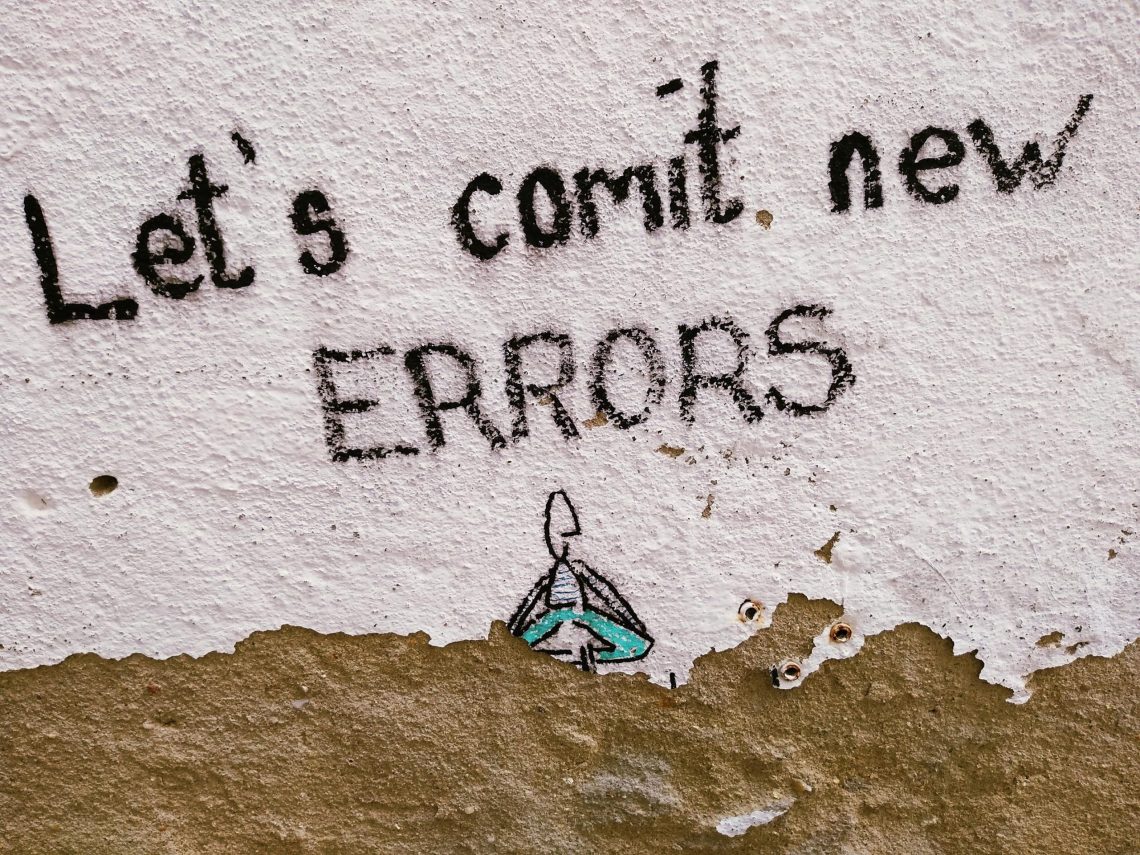
We (ArteCaravana) are both Polish so the this text was originally written in our mother tongue so in the first paragraphs I will be explaining some language traps that are important for Polish people but I do believe other people might find them amusing.
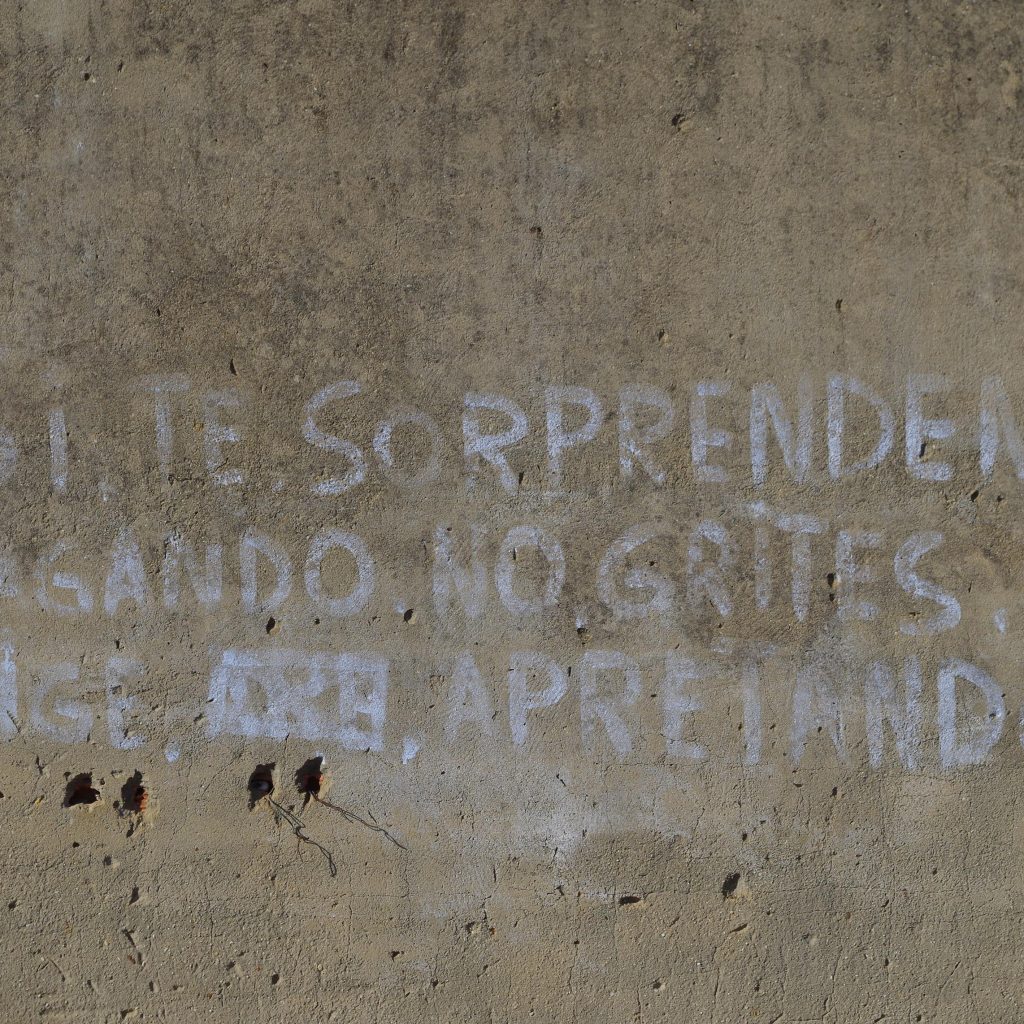
In Portugal, there is a very popular male name - Rui. Unfortunately, when "r" appears in this configuration at the begining of a word we pronounce as something between "r" and "h". If someone present himself to you and you think you heard "Huj Pereira", don't laugh! In Polish it means „Dick Pereira”. So far I've met some guys called Rui and each of them that has ever had contact with Polish or Russian (also "a dick" - same story) people before knows, it's better to use second name to avoid the, well, uncomfortable reaction.
There is one more word in Portuguese and Spanish meaning "curve" - "curva". It's pronounced „kurwa” which means in Polish – „a whore”. We both laugh till now seeing the signs "curvas peligrosas" which simply mean "dangerous curves" but for us more like "bewawe of the dangerous whores! I remember when I was working as a tour guide doing round trips in Portugal I used to take bus full of tourists to the Busaco forest. A beautiful place, a dendrological garden with an amazing collection of different species of trees surrounding a former royal palace, which was converted into a hotel. A perfect stop to end a day of intensive sightseeing with a short walk through the gardens, a strong portuguese coffee and a panorama of Coimbra. One time we were really unlucky because of some public holiday which made this place incredibly full of families with children. Cars were parked everywhere! Also on the curves, along the way up to the parking. The driver who accompanied me that day, Jose, was kind of a high-strung person, a bit too short-tempered especially for a Portuguese. He yelled at the drivers through the open window, explaining that on curves they can't park because it makes it impossible for a huge touristic bus to pass. He shouted in Portuguese so loudly that even my guests sitting on the last seats of the bus heard him. You can't imagine how many times he used the word "curva" but two older ladies, who were sitting just behind him almost fainted When Jose finished, I could finally explain the misunderstanding through the microphone. But we left the place in really good moods.
I had another funny situation with the word "curva" in my favorite bar in Beja (Alentejo). Together with JJ we used to go there every Sunday evening to grab a beer to relax after my hard week of work. We blended in and quite quickly became part of the „family”. Once JJ left me alone and went down to the Spanish coast to run away from the fifty-degree heat in Beja. Exactly that day a guy came to the bar, whom I had not seen before but he was a friend of the others, including the owner. Everyone called him "curva." I was completely puzzled. I wondered for a while and finally asked where such an unusual nickname came from. This time it was me, who almost fell off the chair as he showed me his ID (I took a picture, which I immediately sent to JJ). It was his surname! Then I explained to him and his colleagues what it means in Polish. I don't think he's got life in that bar ever since. Sorry!
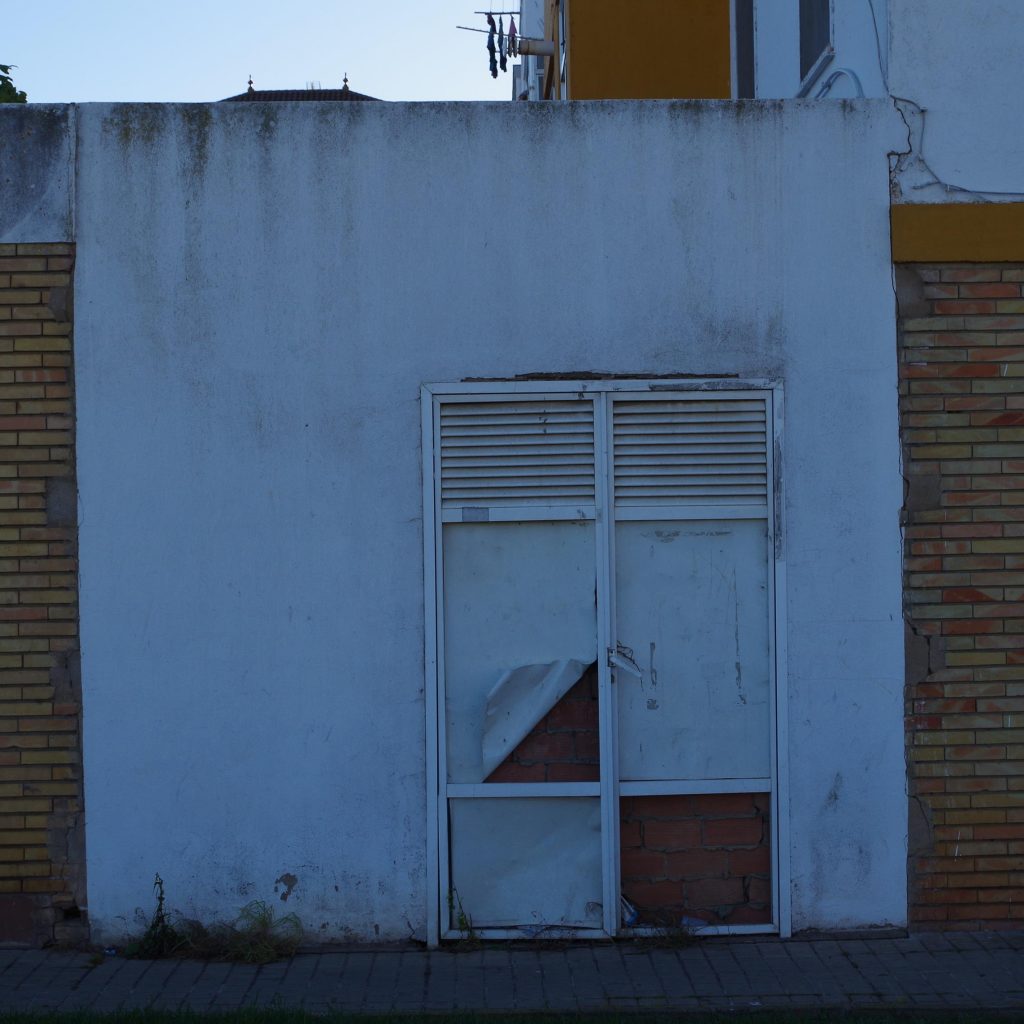
By the way, let me remind you why in Spain there is no Mitsubishi Pajero but Montero - the same car under a different name. Pajero (pronounced pahero) in Spanish means a person who masturbates. Therefore, instead of Mitsubishi Masturbator they introduced Montero. It's a shame, it would be so funny! It's a similiar story with Hyundai and its new model Kona - in Portugal, we will see Hundai Kauai instead. Why? Because the word "cona" (pronounced kona) is also a vulgar term for female organs in Portugal and Galicia. So I gues a "pussy" or "cunt." Also not a catchy name for a car. Staying on the subject of wrongly named cars, we once heard that Chevrolet had huge problems selling its Nova model in South America. Why? Because "no va" in Spanish means "doesn't go". Therefore Chevy, which doesn't go was withdrawn from the Spanish-speaking countries market of the Americas.
Let's leave the topic of bad words and cursing and move on. Imagine you have just crossed the border and you are standing at a gas station. Wherever you are heading, Lisbon or Faro, you just want to order a coffee. The most important thing is to know the basic words
A. Good morning! Bom dia!
B. Good afternoon! Boa tarde!
C. Hi! (Welcome) Olá!
D. Good evening! / Good night! Boa noite!
E. Thank you Obrigado (a) – boy (girl)
F. Please (asking for something) Por favor
G. I'm sorry! (e.g. if you want to pass) Com licença
H. I'm sorry. Desculpe or Perdão
I. Enjoy your meal! Bom apetite! or Bom proveito!
You come in, say good morning and it's time to order a coffee…
If you really want to blend in on the Iberian Peninsula you have to know how to order coffee correctly (BTW, in my personal opinion, Portuguese coffee is better than Spanish). The Portuguese drink super strong, super small espresso and do not use the word espresso to order it! We will say Bica in the south (including Lisbon) and in the north, e.g. in Porto - Cimbalino. If you just say „cafe” (meaning coffee) yuo'll also get an espresso. If we want a drop of milk added to it, we will order a pingado or pingo. Coffee with milk is café com leite or meia de leite, and if you insist on latte, you should order galão. Cappuccino, Frape and similiar ones are rather „new trendy bizzarre kinks” so if we want to behave like locals, let's not go in that direction. Even a coffee with is not chosen by many, most of the people choose "uma bica" (which is generally one sip of super extra strong coffee).
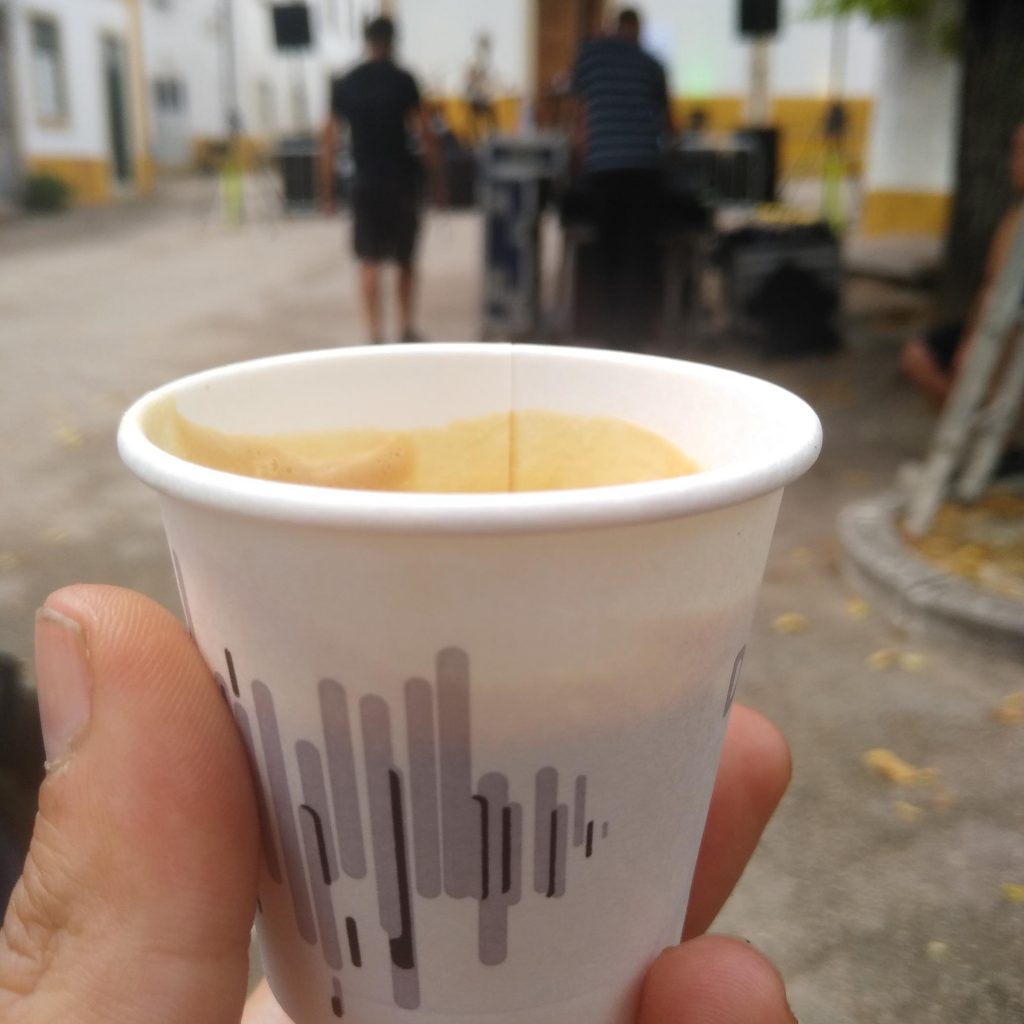
If you really want to blend in with the crowd, try to order café com cheirinho, literally is a coffee with „scent” but what you will really get if coffee with some booze inside. I remember when my local guide from Porto - Dorota (theportoguide.com - the best guide in the world !!) told someone from my group to order this coffee. The guy behind the counter looked like he saw a ghost, he completely did not expect that an ordinary Polish tourist would ask him for something so ... Portuguese!
I'm more of a tea person than and I know that there are a lot of fans of tea, not only coffee. Unfortunately in Portugal or Spain tea is not a popular beverage at all. From my private observations I can draw a conclusion that both Spanish and Portuguese, if they decide to choose tea, they are more likely to drink chamomile, mint or linden than black tea. However, if someone would like to order ordinary black tea - chá preto.
Although the Portuguese do not drink tea, they have the only tea plantation in Europe (in the Azores). So if you are a fan of tea yourself or you know someone who you want to make a nice, unique gift, I recommend you to buy tea from the Azores as the only European one. There is one more hot drink worth mentioning - Carioca de limão - lemon peel with boiling water - is a relatively popular drink, which is unusual for us.
You have to remember that in Portugal starters in restaurants are not free. If we order a beer or a glass of wine in Spain and the waiter will give us tapas (snacks) we won't have to pay for them. In Portugal, when we sit down in a restaurant, the waiter comes to take our order and a minute later olives, butter and bread are on the table. You have to pay for them! When we are talking about things of which prices range from EUR 1.50 to EUR 2.50 it's not a big deal but… what if the waiter puts on the table three slices of ham of the black pig fed with acorns, the most expensive and exquisite delicacy in Portugal? And the customer is not aware of that fact and of its price? In this situation, it's possible you will pay more for the starter than for the main course. Of course, you don't have to accept the starters/snacks! Either by immediately nodding your head when the waiter tries to put snacks in front of you or, if he leaves them, by placing them on the edge of the table. Starter prices should always be on the first page of the menu.
Sometimes it might happen that a tip is added to the bill without our consent. Unfortunately, thit just has to be accepted. It is not that waiters or bartenders or owners are trying to deceive us - some restaurants, especially in highly touristic places, e.g. in the center of Lisbon, have such a company policy and that's it. All clients are treated equally and the tip is added. In Spain, on the other hand, be careful whether you sit at the table or at the bar. If in the menu one item has two different prices - barra (bar) and mesa (table) - it will be cheaper to stand at the bar than to sit down. The price will always be higher at the table because we pay for the service. I have not encountered such a thing in Portugal and it's not that common everywhere in Spain.
If you know Spanish - do not use it. The Portuguese have a historical "conflict" with the Spanish, there are many disagreements between them and even if you start speaking perfect, fluent Spanish they will switch to English. The Portuguese don't like it when someone assumes that if you speak Spanish it's like you spoke Portuguese and that they are supposed to understand you! These languages are very similar and you can actually get along in Spanish, for example, with people who do not speak English, but it is better to start English in courtesy if you know it.
You probably go on holiday "independently", without the help of a travel agency - remember not to rent airbnb flats in the center of Lisbon or Porto. Why? Even if the price is shockingly low, remember that there is a high probability that you contribute to the fact that some poor old lady has nowhere to live anymore. In Lisbon (e.g. Alfama) and in Porto (e.g. the cathedral district) and in many other places it was possible to rent flats for pennies (e.g. around EUR 50 per month). The tenant would sign a contract for 25 years or longer and lived peacefully until the end of the contract. Unfortunately, in the 21st century, each owner knows it's more profitable to rent an apartment to a tourist who will come for two, three or seven days and will pay as much as an ordinary tenant pays for a month or two. Therefore, no matter if a poor grandfather is 70 or 90 years old, when the contract ends he has to look for a new apartment. Imagine that suddenly after 20 or 50 years of living in one place, a poor old man or old woman must move to the other end of the city and find an apartment that will not be on the 12th floor and which will not cost 500 EUR per month. Mission impossible.
The problem is not only in Portugal, because my colleague's mother had the same issue in Tenerife (Canary Islands, Spain). Seventy-year-old lady had to leave her apartment because her contract ended. From the ground floor, she moved to the third floor in a completely different city. And she move in with a stranger! Another woman who was in a similar situation because they both couldn't afford to rent alone. The worst part is that she had to get rid of her beloved dog because the owner of the new aprtement did not allow keeping animals in it. Therefore, seriously, before you rent a flat, think carefully and check whether you are contributing to this type of story. Of course, no one contributes directly! Bullshit. Walking around Porto you will often see signs saying „Morto” (dead - written in the same font as „Porto” on the city logo) it's a sign of protest. Most common eespecially in districts affected by this plague
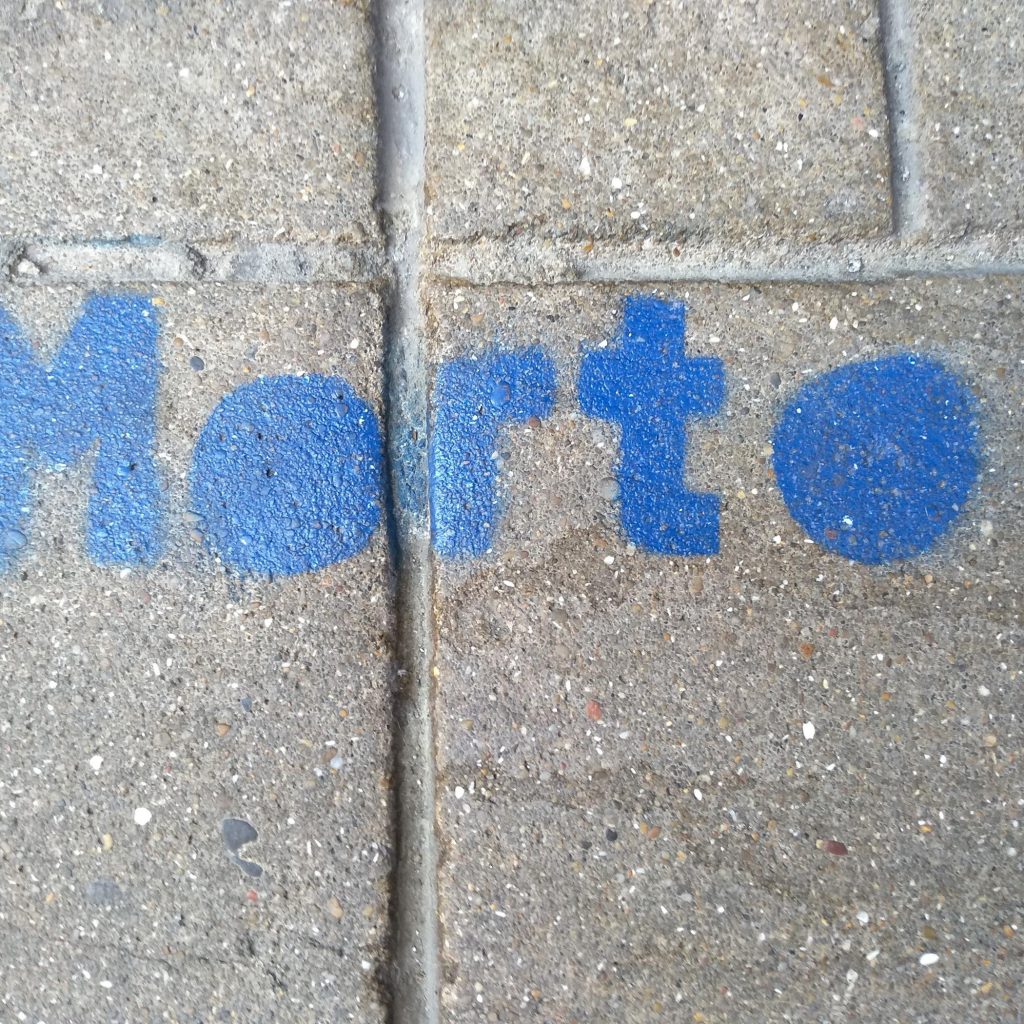
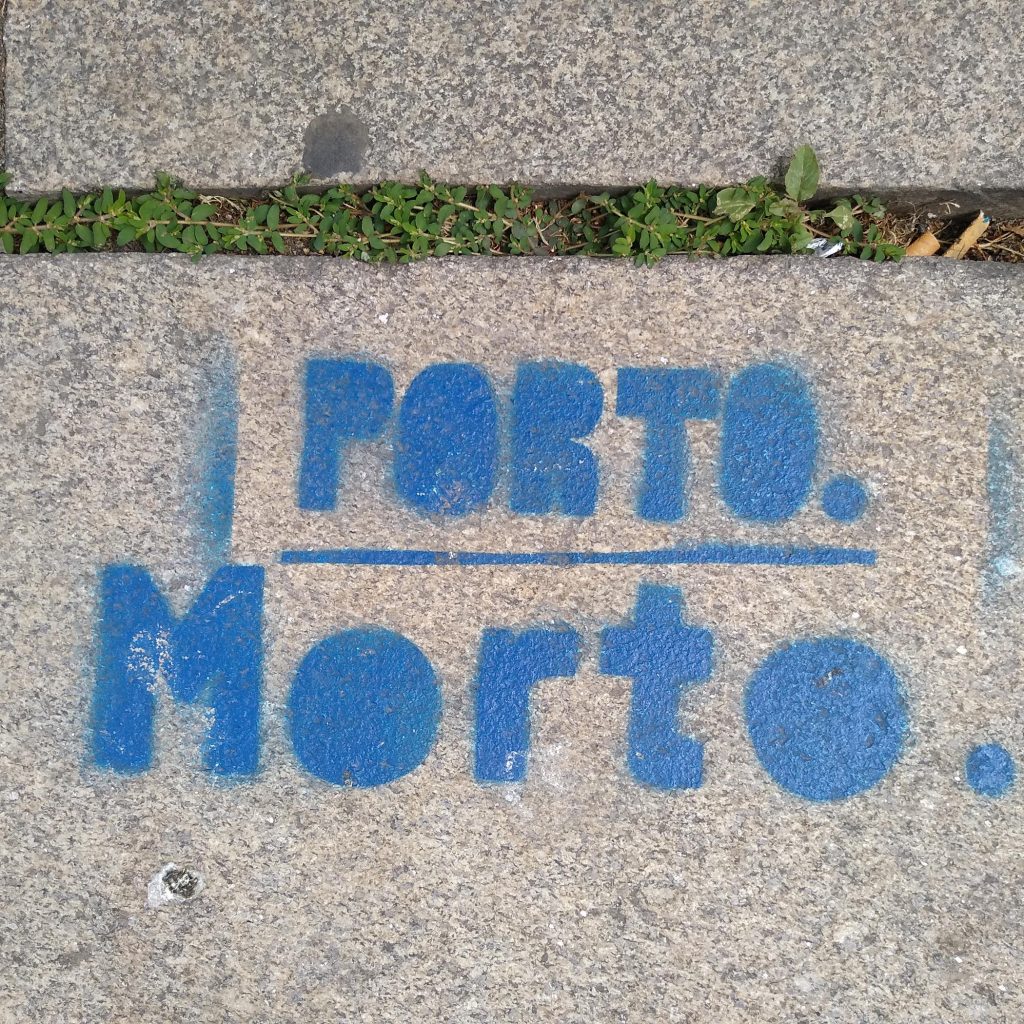
Finally:
See how the Portuguese feel when tourists invade their country with hordes and what is that they don't like 🙂
In Portugal, although some of the Portuguese might deny it, there are some taboos - politics, Salazar, religion. Never speak in a bad way about your interlocutor's family, especially his mother! And remember - in Portugal, we can cross the street on a red light - if there are no cars approaching, you won't get a ticket for it.